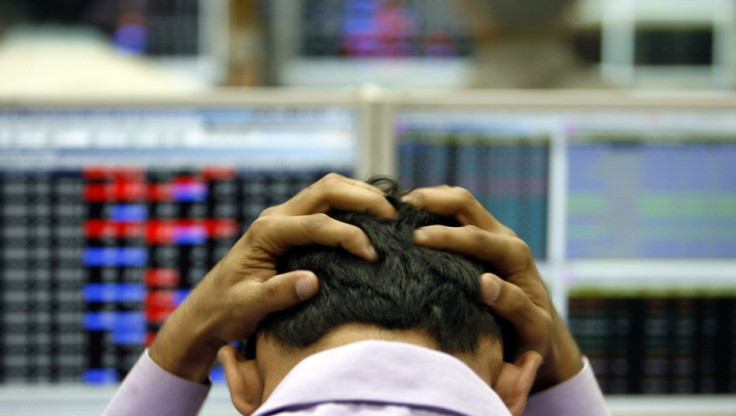YouGov: Investors don't understand commonly used risk labels
2,000 adults across Great Britain were asked how much a 'cautious', 'balanced' or 'aggressive' fund might lose in a bad year.

Research conducted by YouGov on behalf of digital wealth manager Scalable Capital, has found that investors still don't understand the reality of investment risk, ten years on from the global financial crisis.
Traditional descriptions of portfolio risk, such as 'cautious' and 'balanced' do not give investors a clear understanding of the amount of investment risk that they are taking. One person's perception of a 'low risk', or 'cautious' portfolio, will inevitably differ to someone else's.
Analysis by Scalable Capital has also found that the actual level of risk among funds grouped in the same descriptive risk category can vary significantly. In other words: not only do investors interpret descriptive risk categories differently, but the actual level of risk of the funds in which they invest can vary enormously. More often than not, investors unknowingly take more risk than they are prepared for.
2,000 adults across Great Britain took part in the research. YouGov found that of those surveyed, over three quarters (76%) manage their savings and investments themselves, but when asked how much a 'cautious', 'balanced' or 'aggressive' fund might lose in a bad year, one in five (20%) did not know. Of those who did provide an estimate, there was a significant gap between investor expectations and actual fund behaviour.
Almost three quarters (70%) of investors said they did not expect a 'cautious' portfolio to lose more than 10% in a bad year. However, Scalable Capital's analysis found that over the past 10 years, the worst 'cautious' fund lost almost 37% of its value at one point, while the largest 'cautious' fund in the UK - which manages over £3 billion - lost almost 26% of its value from peak to trough. Similarly, 71% of investors thought that a 'balanced' portfolio shouldn't lose more than 20% of its value in a bad year, but Scalable Capital found that over the last decade, balanced funds lost up to 43% from peak to trough.
According to the research:
- One in five British investors do not know the potential level of loss that they could experience in a 'cautious', 'balanced' or 'aggressive' portfolio.
- The value of a fund can fall a lot more than investors expect. 71% of investors thought that a 'balanced' portfolio shouldn't fall more than 20% in a bad year. In reality, our 10-year data shows that the worst-performing 'balanced' fund would have lost 43% had an investor entered the market at the peak and sold at the bottom.
- Those private investors considering a buy & hold strategy may be wise to re-think. Just 17% of respondents wouldn't sell regardless of loss. The vast majority of British investors would really struggle to follow star investor Warren Buffett's recommended investment strategy.
- Nearly two fifths (39%) of investors believe that their investment manager keeps the level of risk in their portfolio stable over time. In practice, Scalable Capital is one of very few wealth managers to provide this service.
Adam French, CEO at Scalable Capital, commented: "If investors don't understand or over- or under-estimate the risk of their portfolio, they may be in for a rough ride when the markets fluctuate. Our research shows that investors tend to sell their portfolios too quickly when the going gets rough. At Scalable Capital, we address these problems by making risk completely transparent, and by managing our clients' portfolios so that their level of risk remains stable, even in times of market turmoil".
About the YouGov Consumer Survey:
Total sample size was 2,039 adults, of which 1,384 adults who have an investment/ savings/ pension product. Fieldwork was undertaken between 14th and 16th July 2017. The survey was carried out online. The figures have been weighted and are representative of all British adults (aged 18+). Figures available upon request.
About the Fund Data:
- This research is based on the 10 years from July 2007 to July 2017, to month end.
- Maximum drawdown represents the worst possible return over a given period — for example, buying at the maximum price over the period and selling at the worst price.
- Funds labelled both 'cautious' and 'defensive' have been included in the 'cautious' fund group analysis.
- We have not included analysis of 'aggressive' funds in this paper as we felt the 10-year data set was not a large enough to provide valid results.
- The investments data does not cover pension.
- The fund data was provided by Financial Express. Analysis undertaken by independent consultancy The Lang Cat on behalf of Scalable Capital.
- Some percentages include "Don't Know" responses that have been highlighted in the report.






